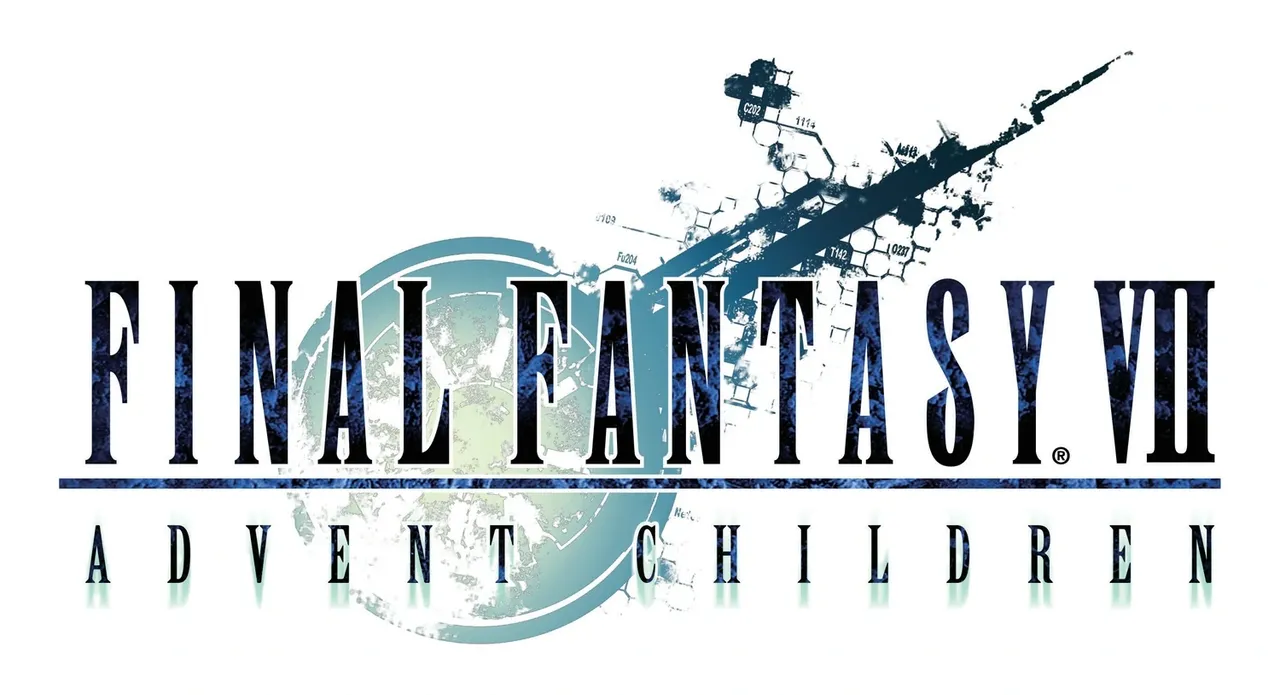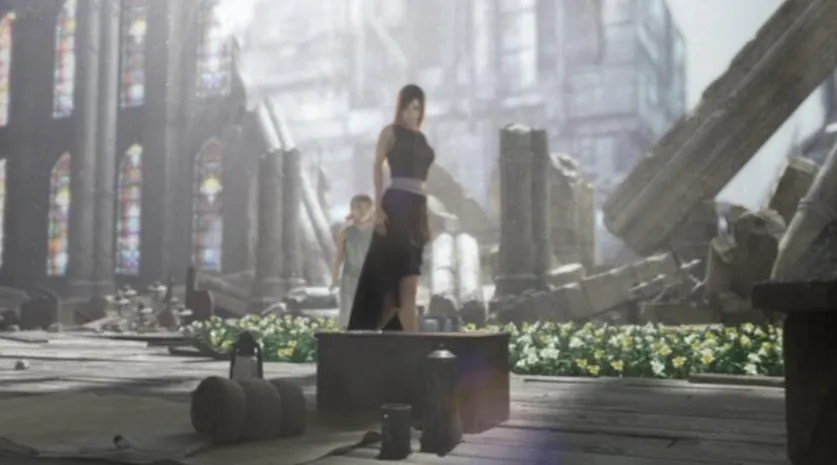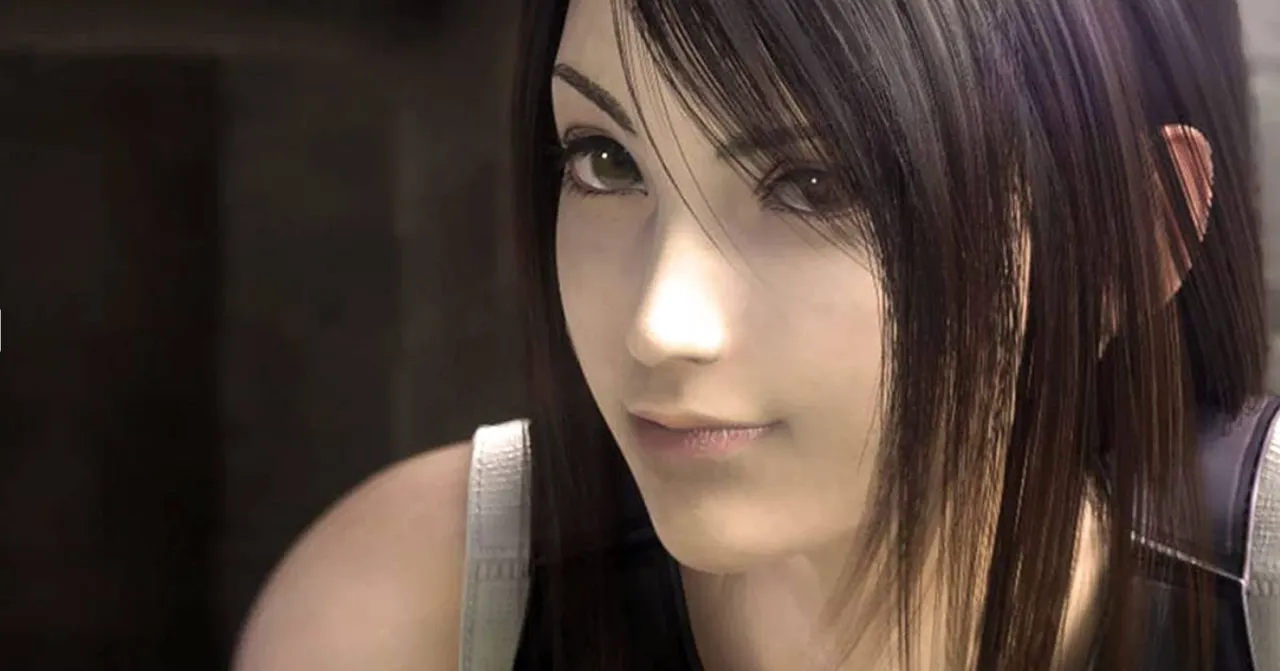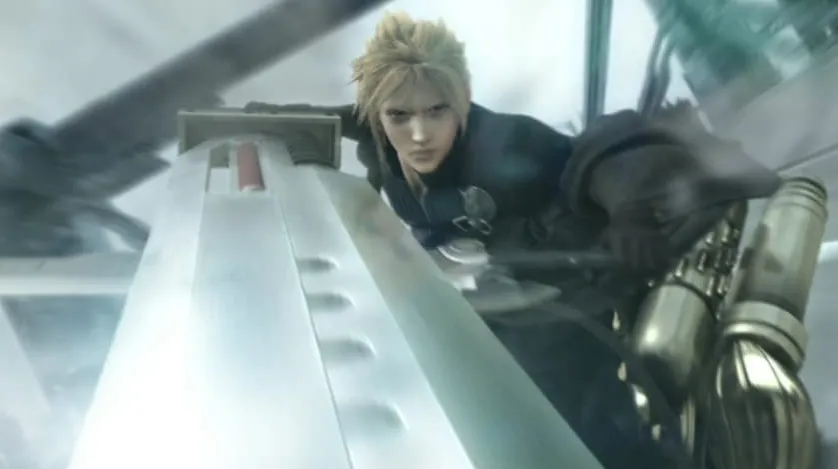
I've got 90 minutes left on the timer to watch Final Fantasy VII: Advent Children in its entirety. Set a few years after the events concluding Final Fantasy VII, it explores a land full of spoilers which I'm warning you about now. If you don't want spoilers, stop reading now.
ALL THE SPOLERS BELOW. DON"T READ FURTHER UNLESS YOU WANT SPOILERS FOR FF7, FF7 REMAKE, AND ADVENT CHILDREN
At the end of Final Fantasy VII, the very planet's lifestream reaches out to salvage itself from what would otherwise be an extinction level event through the impact of a massive meteor. What remains is a shattered community of individuals living in the shadows of the former city of Midgar, where three strange figures taunt Cloud and Tifa, in search of "mother".

Now that I've got that out of my system, there's a subplot running deep under the Advent Children scenario. People are ill with a "stigma", thought to be caused by the life stream exposure caused by the planet lashing out to protect itself.
Now, to pause the story for a moment, to talk about the visuals - Advent Children hasn't aged very well in the context of cinematic and graphical qualities. In fact, the Final Fantasy VII remake is visually superior in every single way. Low resolution textures (although reminscent of the original pop-in issue on PS4) - persist throughout the film, but the visuals are passable.

They are, of course, miles ahead of the 3D and CGI used in the original Final Fantasy game on the PlayStation. Audio is excellent, with the musical score penned by none other than series maestro, Nobuo Uematsu.
Back to the story. The "stigma" is explained as being a contaminated substance entering the body, being part of the genetic material of Sephiroth, chief antagonist of FF7. Just like a virus, but one caused by a combination of Jenova and Sephiroth's legacies.
Jenova is described as a "calamity", but is of course, the "mother" of Sephiroth and the numbers of failed clones. The intrigue builds by reintroducing some of the Turks, (Reno and Rude) - as well as a clearly infected Rufus, former president of the Shinra company.
There's lots of depth here, like any decent film should have - interpersonal relationships (Cloud and Tifa), and the overarching conspiracy around Jenova, Sephiroth, and their collective motivations.

Cloud never answers his phone though, so he doesn't seem to have a great deal of knowledge about what is going on, beyond his voice mails, of which there are many. While this is all set years after the events that occur in the original game and the Remake.
The way in which all these elements are woven into the fabric of the remake are very subtle, while allowing those who've properly immersed themselves in the entire canon of things Final Fantasy VII to get lots and lots of meaning and depth out of the series of media combined around it.
It could, however, definitely do with a collective breakdown by Brain David Gilbert, similiar to his treatment of the Zelda Franchise.
Spoilers over
I'm now looking forward to firing up FF7 Remake again to enjoy it with an all new flavour of understanding - its even evident that many of the locations in the Remake of greater Midgar, as appearing in Advent Children, were used as artistic starting points to embellish and expand the universe.
My conclusion is that the FF7 remake does pad out things too much - but it is still an entertaining story.